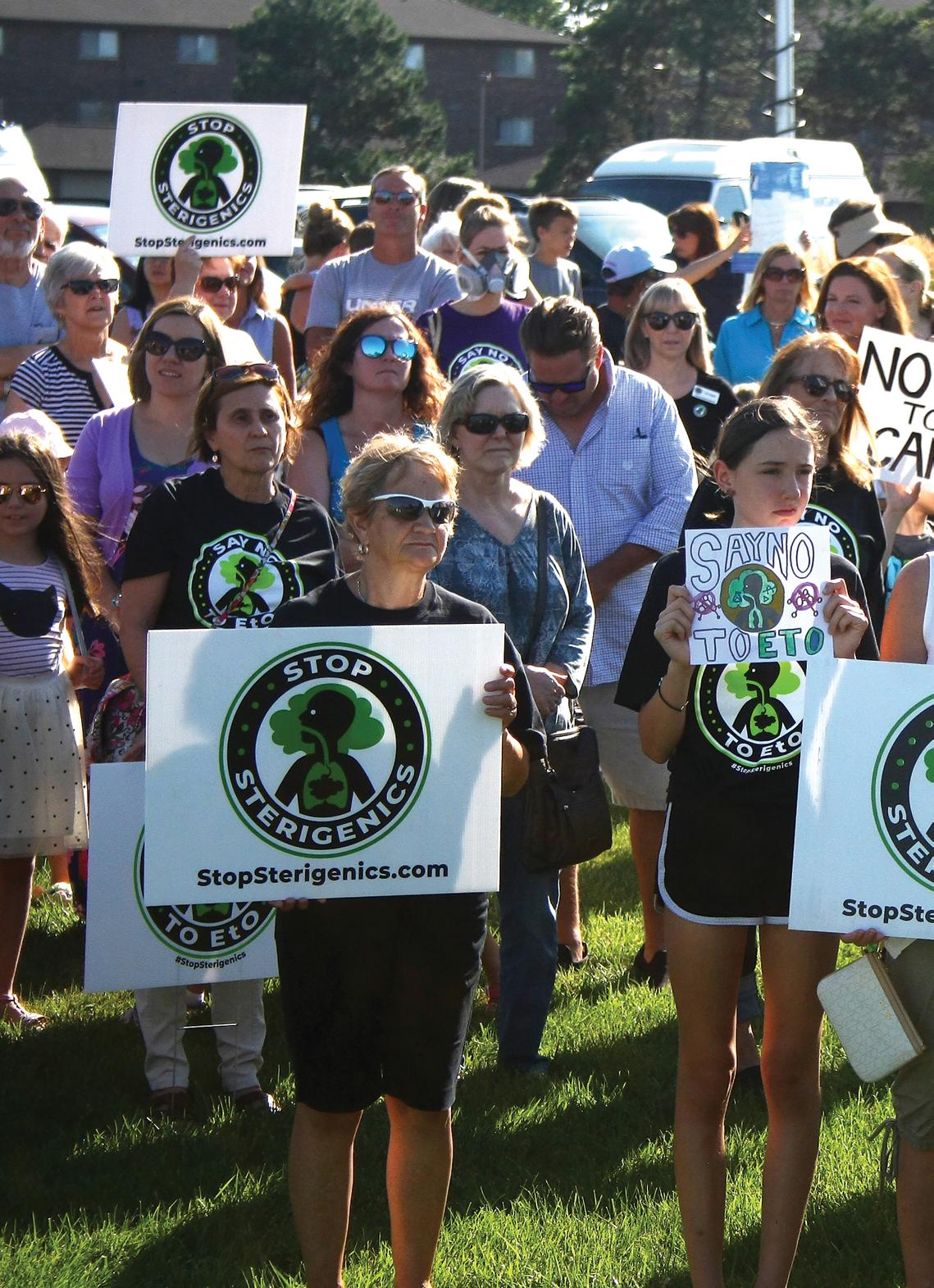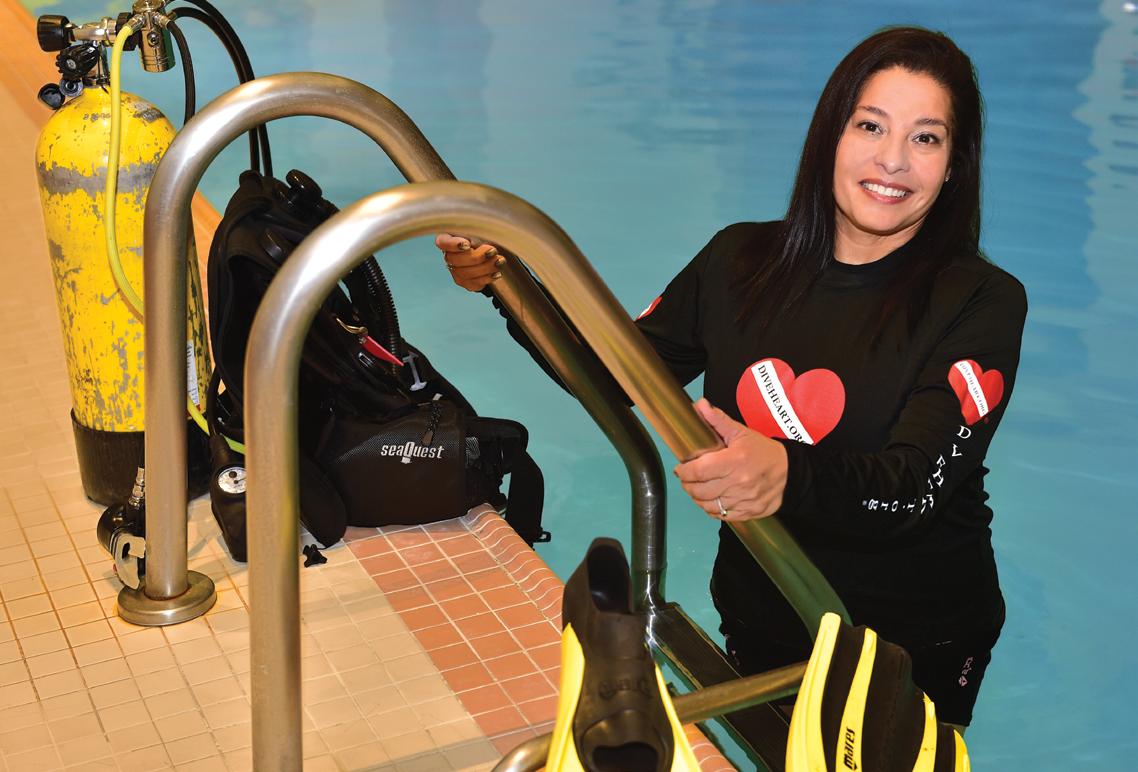
3 minute read
Watts of Love Lighting the Way
NANCY ECONOMOU AND KEVIN KUSTER, OF DOWNERS GROVE, FOUNDERS OF WATTS OF LOVE.
In February 2013, Downers Grove resident Kevin Kuster found himself in a situation he never would have imagined. He was in the Philippines with his sister, Nancy Economou, and they were stuck in customs with more than 1,000 solar lights. Kuster, who at the time worked as a photo editor for Playboy magazine, had never traveled to the Philippines before, much less with lights instead of luggage.
Advertisement
But he was on a mission. Several years prior, his sister had been in the Philippines with her husband, and was invited to go help feed the poor. While there, she was introduced to a young girl who had been horrifically burned by kerosene, and was being “treated” with toothpaste on her face. Sadly, this girl was just a statistic, and in some ways, she was lucky to be alive. The burning of kerosene lamps leads to the death of more than 1.5 million people every year, a by-product of the fact that more than 1.4 billion people globally live without reliable access to electricity. Women and children largely bear the brunt of this “energy poverty.”
Economou, a stay-at-home mom with five young boys at home, decided she was going to do something about this problem. She got in touch with her friend Fr. Fernando Suarez, who had recently been transferred to a remote island in the Philippines with no electricity. He suggested that solar lights could provide a viable solution to kerosene light, which is not only dangerous, but three to four times more expensive than electric light.
So Economou and Kuster went to work, raising enough money to purchase and distribute 1,000 solar lights. Then they got on a plane to llin Island in the Philippines.
“We had no idea what we were doing—literally no clue,” Kuster said. And that was made perfectly clear to them as soon as they landed, and none of their lights could get out of customs.
But the brother and sister duo still had three lights left in their carry-on luggage, so they went to the priest and asked him to help them find the three people who were most in need of the lights. One was Emily, a mother of seven children, who just one day after receiving her solar light, had carved 1,000 bamboo skewers, which she planned to sell at the local market to help feed her family. Overnight, the light allowed her to become an entrepreneur.
“It made us realize the power of light,” Kuster said. “And that’s really how Watts of Love was born.”
According to the World Bank, giving someone access to light and electricity is one of the fastest ways out of poverty, since people who rely on kerosene for light spend at least
back to the Philippines to distribute them. To date, through their non-profit Watts of Love, they have distributed more than 30,000 lights worldwide, and that number continues to grow every day. encountered on llin Island can be spread to all the world’s impoverished regions.”
For more information about Watts of Love, its fundraisers, volunteer opportunities, corporate
30 percent of their income on it. But it’s more than just economics, Kuster said. —KEVIN KUSTER
“We learned about the impact of light and electricity,” he said. “We saw how utterly transformative it is. For example, a child who has access to light increases his or her study time by up to 78 percent. The benefits of lights are incredible.”
Eventually, Kuster and his sister were able to get their lights out of customs, and they flew “Seven years into this, it has been an incredible journey,” Kuster said. “Light translates to life in developing countries, and the success we

giving opportunities or to make a donation, visit wattsoflove.org. ■











